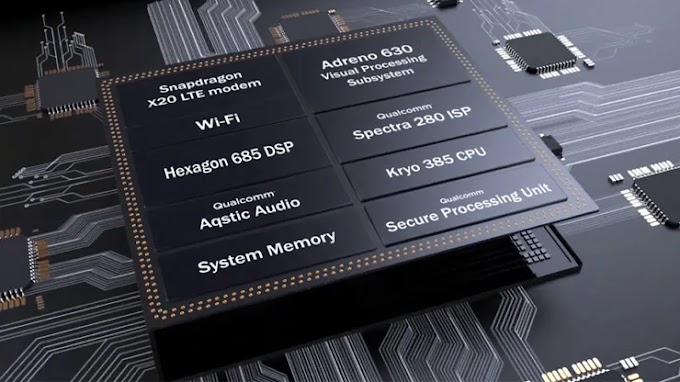Mechanical engineers are professionals who apply principles of physics, mathematics, and engineering to design, analyze, develop, and maintain mechanical systems. Their work involves a wide range of tasks and responsibilities across various industries. Here are some common activities that mechanical engineers typically engage in:
1. Designing and developing mechanical systems: Mechanical engineers create and design machines, devices, and mechanical systems. They use computer-aided design (CAD) software to develop and model prototypes, ensuring they meet performance, safety, and cost specifications.
2. Conducting research and analysis: Mechanical engineers perform research to gather data and analyze the feasibility, efficiency, and performance of mechanical systems. They use mathematical modeling and simulation techniques to predict and optimize system behavior.
3. Testing and evaluating prototypes: Mechanical engineers build prototypes of mechanical systems and conduct testing to assess their functionality, performance, and durability. They analyze test results and make necessary adjustments to improve the design.
4. Collaborating with interdisciplinary teams: Mechanical engineers often work in multidisciplinary teams, collaborating with other engineers, designers, and professionals. They contribute their expertise to projects, ensuring seamless integration with other systems and components.
5. Troubleshooting and problem-solving: When mechanical systems encounter issues or failures, mechanical engineers are responsible for troubleshooting and identifying the root causes. They develop solutions and implement corrective measures to restore functionality and prevent future problems.
6. Ensuring compliance with regulations and standards: Mechanical engineers ensure that their designs and systems comply with applicable codes, regulations, and industry standards. They consider factors such as safety, environmental impact, and sustainability in their work.
7. Project management: Mechanical engineers may be involved in managing projects, including overseeing budgets, timelines, and resource allocation. They coordinate with stakeholders, suppliers, and contractors to ensure project goals are achieved.
8. Continuous learning and professional development: Mechanical engineers stay updated with advancements in their field, acquiring new skills and knowledge. They may attend conferences, workshops, and pursue additional certifications to enhance their expertise.
It's worth noting that the responsibilities and tasks of mechanical engineers can vary depending on the industry they work in. They can be employed in fields such as automotive, aerospace, energy, manufacturing, robotics, and more.








